There are some key benefits of mouth wash for oral health.
1. Kills Germs:
2. Freshens Breath:
3. Cleans Hard-to-Reach Places:
4. Strengthens Teeth:
5. Soothes Mouth Sores:
6. Prevents Gum Disease:
FAQs :
1.Is mouthwash necessary for oral health?
While not a replacement for brushing and flossing, mouthwash can enhance oral hygiene by killing bacteria, freshening breath, and reaching areas your toothbrush may miss. It also helps reduce the risk of cavities and gum disease.
2.How often should I use mouthwash?
For most people, using mouthwash once or twice a day is sufficient. It’s best to use it after brushing and flossing for optimal oral hygiene.
3.Can mouthwash replace brushing and flossing?
No, mouthwash is a supplement to brushing and flossing, not a replacement. It’s important to continue brushing twice a day and flossing once a day for complete oral care.
4.Is mouthwash safe for kids?
Some mouthwashes are formulated for children and are safe when used under adult supervision. Always check the label and ensure it is alcohol-free and age-appropriate.
5.Does mouthwash help with gum disease?
Yes, mouthwash with antibacterial ingredients can help reduce the bacteria that cause gum disease. Regular use can prevent gingivitis and help maintain healthy gums.
6.Can mouthwash whiten teeth?
Some mouthwashes are designed to help whiten teeth by removing surface stains. However, they should be used in conjunction with good brushing habits for noticeable results.
7.Is alcohol-based or alcohol-free mouthwash better?
Alcohol-free mouthwash is a gentler option, especially for people with sensitive mouths, dry mouth, or irritation. Both types can be effective, but the choice depends on personal preference and oral health needs.
8.Should I rinse with water after using mouthwash?
It’s generally recommended not to rinse with water after using mouthwash, as it may wash away the active ingredients that continue to work after you’ve spit out the mouthwash.
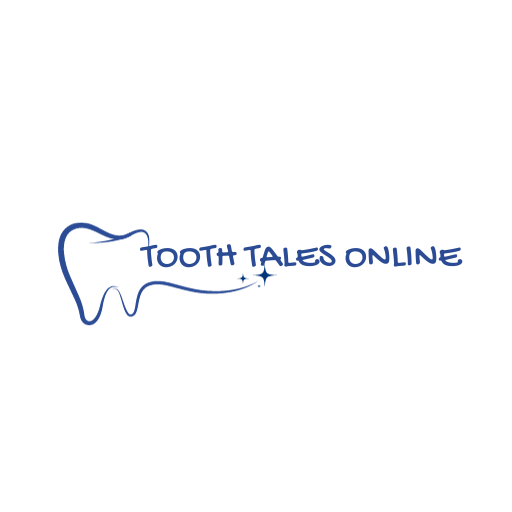
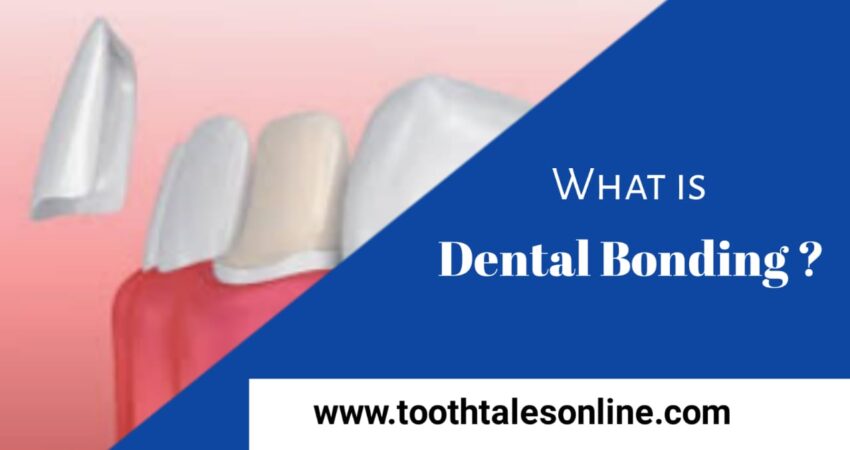
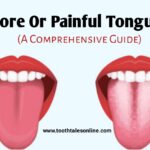
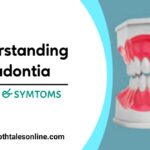
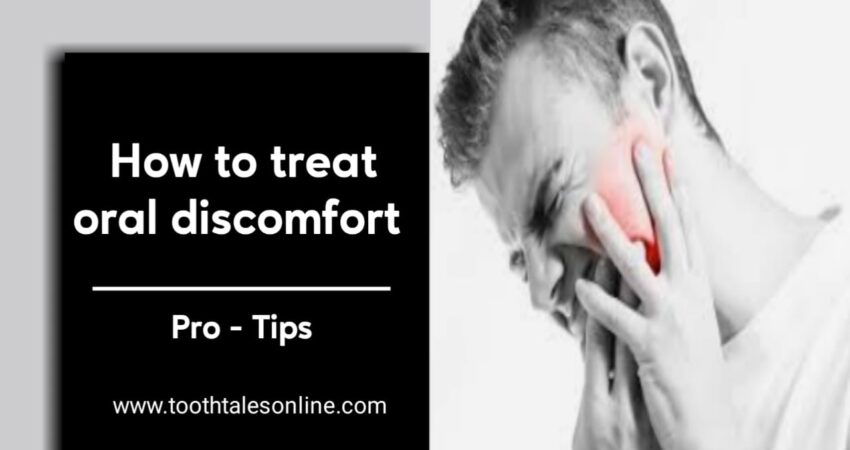
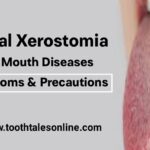

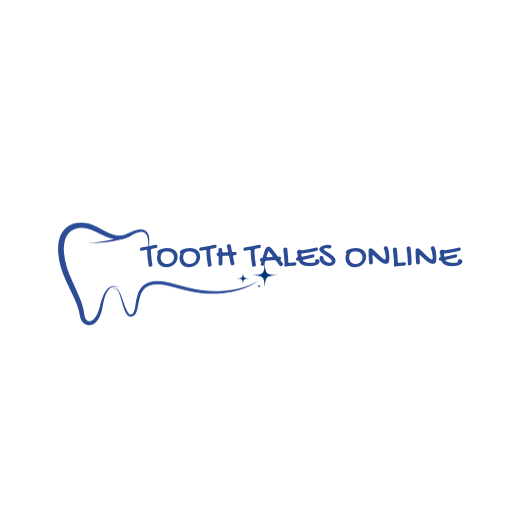


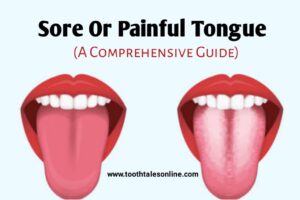
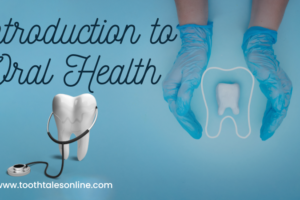










Add Comment